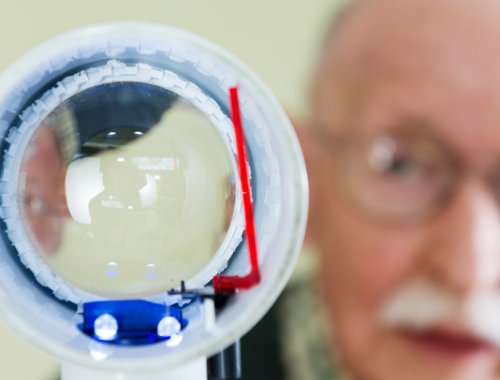How Nicotine Affects Your Heart
2 min read
Nicotine is a highly addictive substance found in tobacco products, including cigarettes, cigars, and smokeless tobacco. Nicotine affects many parts of the body, including the heart. In this blog, we will discuss how nicotine affects the heart, including its effects on heart rate, blood pressure, and the risk of heart disease.
Nicotine and Heart Rate:
Nicotine can increase heart rate by stimulating the sympathetic nervous system, which regulates heart rate and blood pressure. The increased heart rate can cause the heart to work harder and potentially lead to damage or strain on the heart muscle.
Nicotine and Blood Pressure:
Nicotine can also increase blood pressure by constricting blood vessels, causing the heart to work harder to pump blood throughout the body. This increased workload on the heart can increase the risk of heart disease and other cardiovascular problems.
Nicotine and the Risk of Heart Disease:
Smoking and the use of other tobacco products, including those containing nicotine, is a significant risk factor for heart disease. According to the American Heart Association, smoking increases the risk of coronary heart disease by two to four times, and smokers are two to four times more likely to have a stroke than non-smokers.
Nicotine and the Risk of Atherosclerosis:
Atherosclerosis is a condition in which the walls of the arteries become narrowed due to the buildup of plaque. Nicotine and other chemicals found in tobacco products can contribute to the development of atherosclerosis by damaging the inner lining of the arteries and promoting the buildup of plaque. This condition can increase the risk of heart attack and stroke.
Nicotine and the Risk of Arrhythmias:
Arrhythmias are irregular heartbeats that can be caused by a variety of factors, including nicotine use. Nicotine can cause abnormal heart rhythms by affecting the electrical signals that regulate heart rate and rhythm. These abnormal rhythms can increase the risk of stroke and other cardiovascular problems.
Conclusion:
In conclusion, nicotine affects many parts of the body, including the heart. Nicotine can increase heart rate, blood pressure, and the risk of heart disease, atherosclerosis, and arrhythmias. Smoking and the use of other tobacco products containing nicotine are significant risk factors for heart disease and other cardiovascular problems. It is essential to quit smoking and avoid the use of other tobacco products to reduce the risk of heart disease and other health problems. Healthcare providers, such as cardiologists and smoking cessation specialists at reputable institutions like Mubadala Health, can provide guidance and support for quitting smoking and reducing the risk of heart disease.






